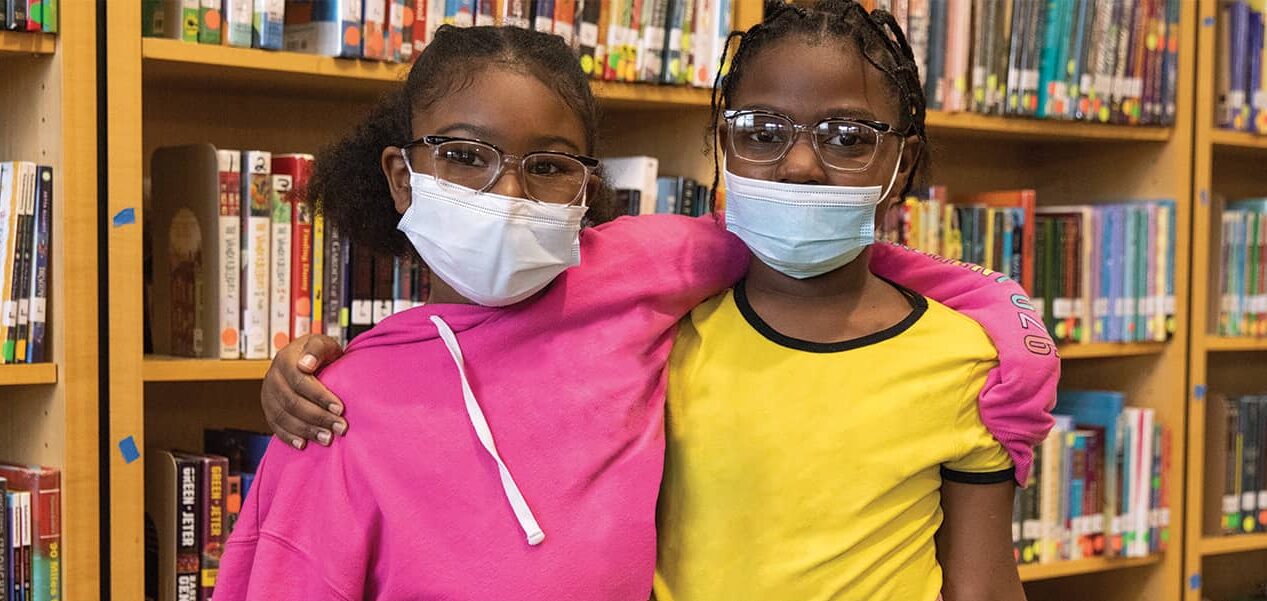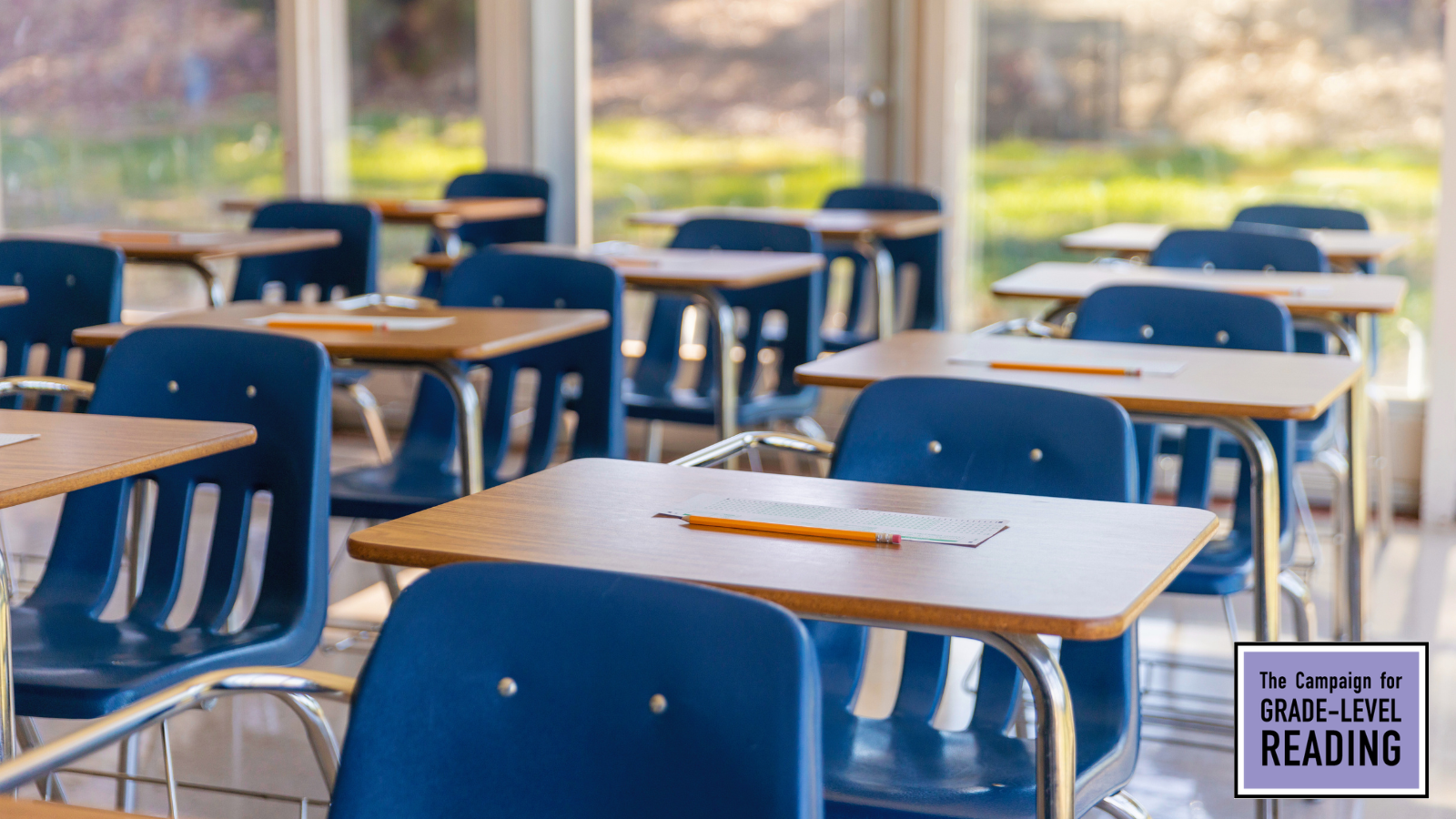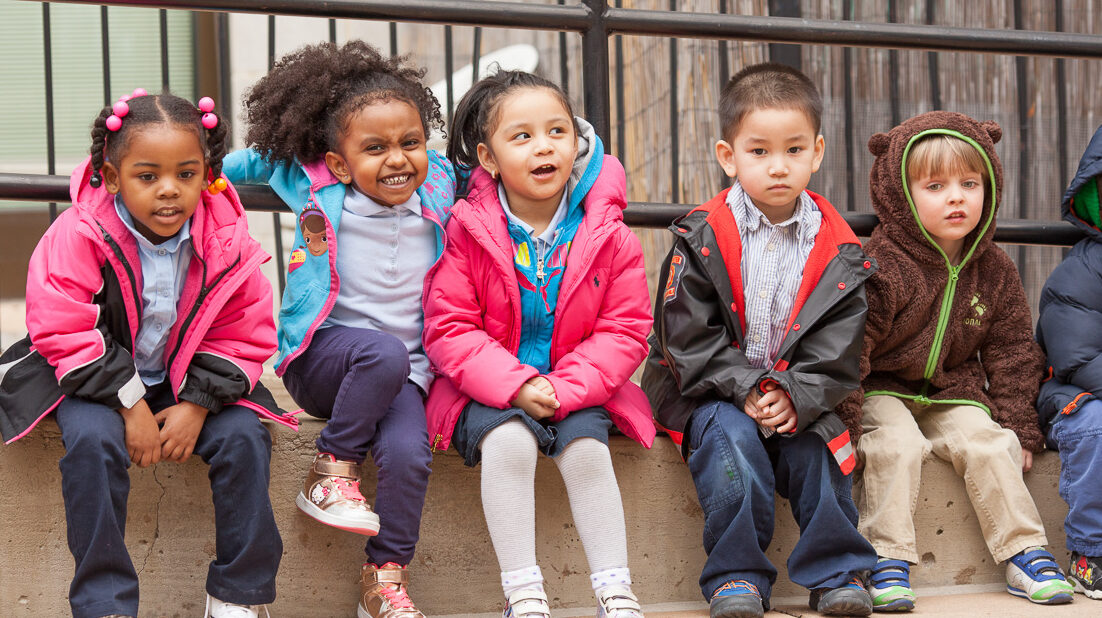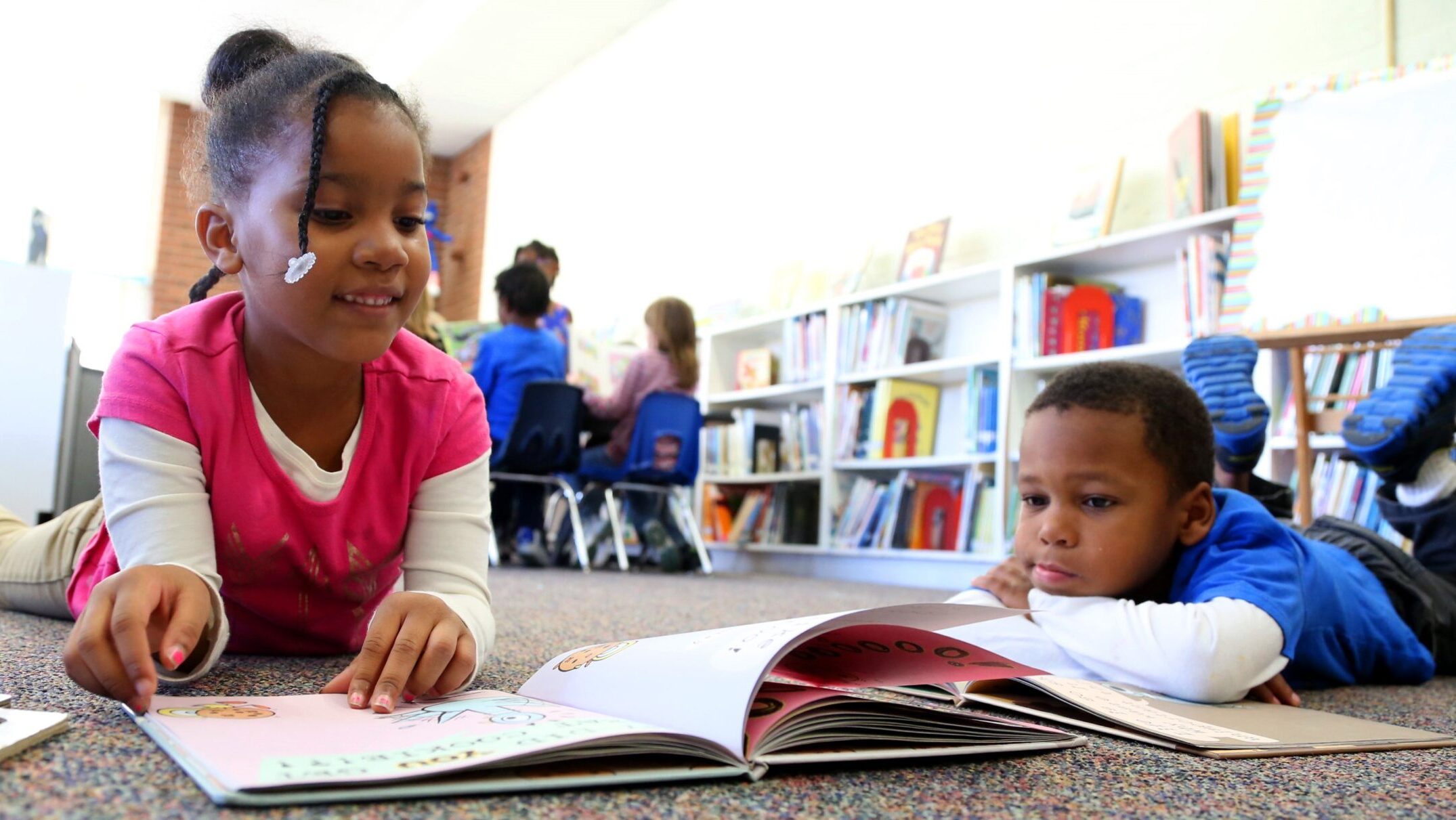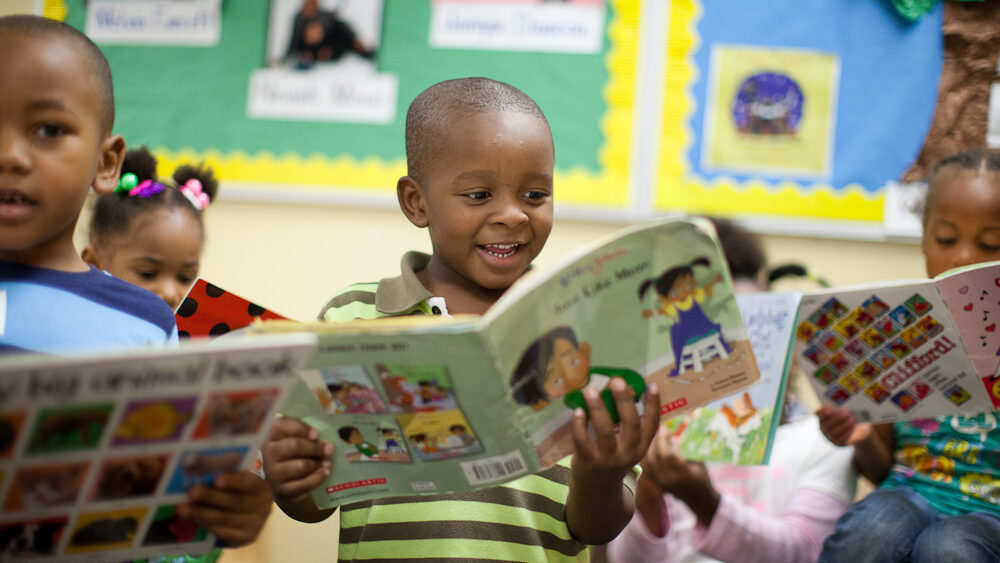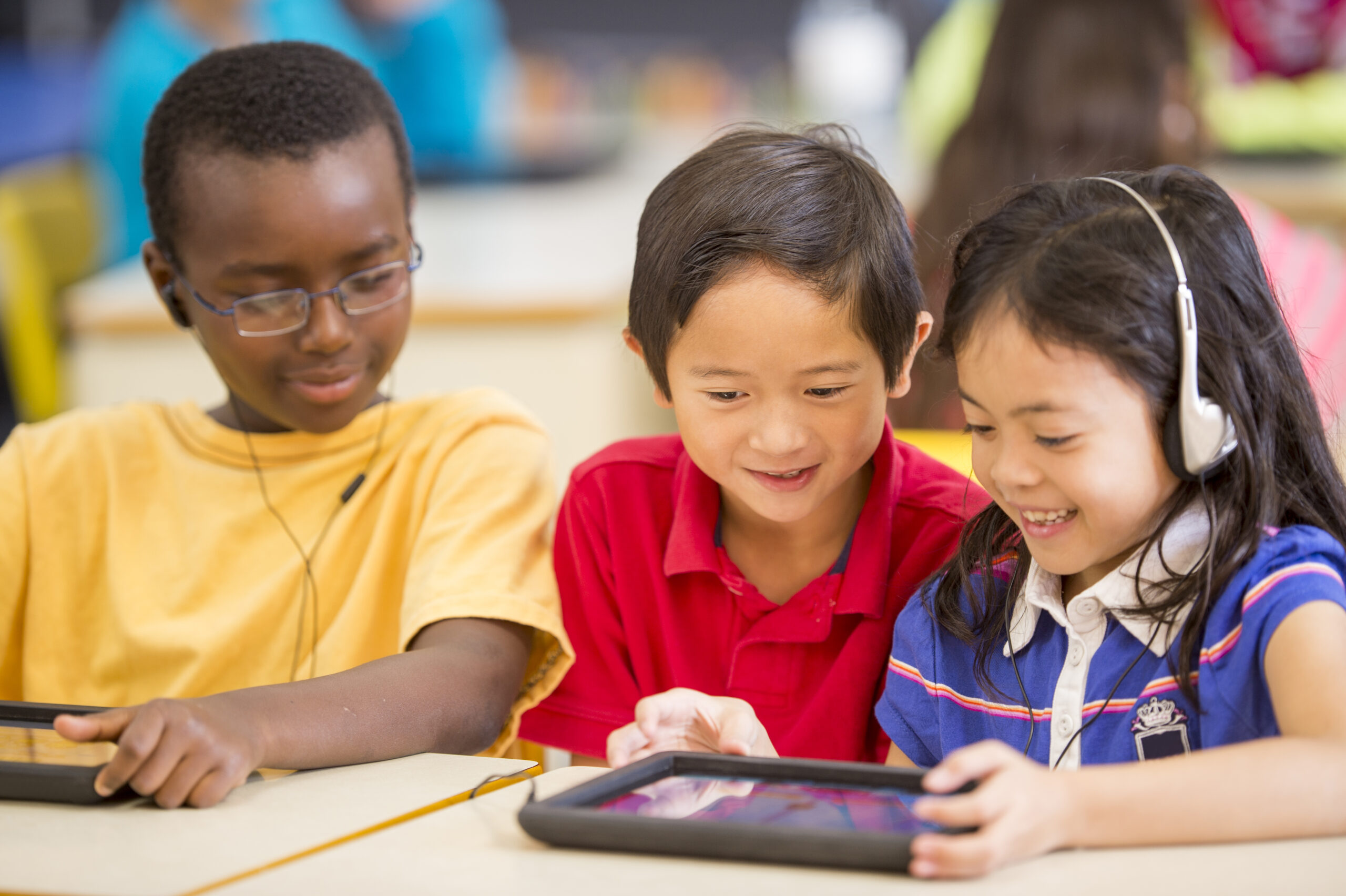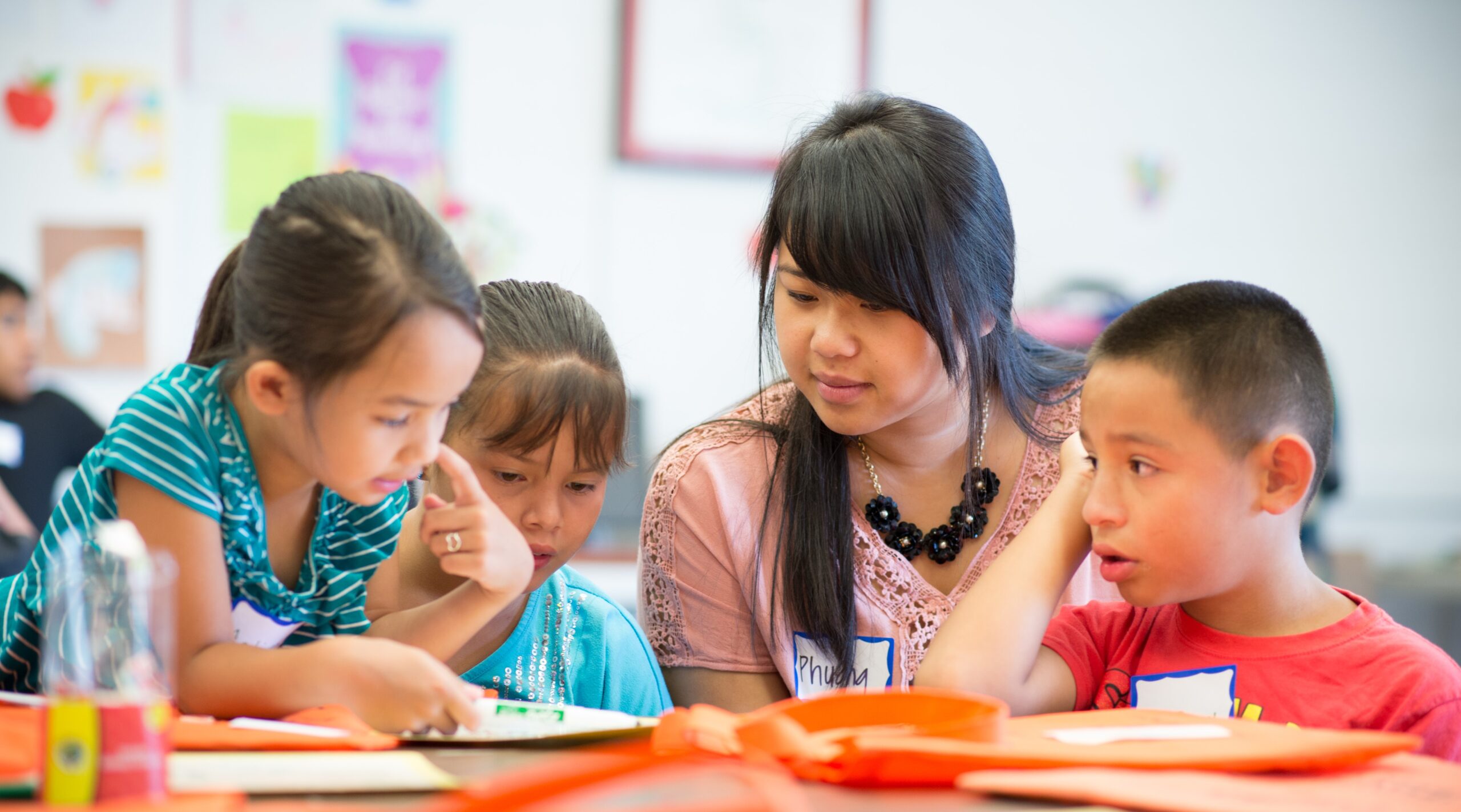
Kyle Zimmer
President & CEO
First Book
CGLR and Diverse Books
Earlier this year, the Campaign for Grade-Level Reading (CGLR) hosted two webinars in partnership with First Book lifting up the critical importance of diverse books to support grade-level reading:
- Access & Action: Why Diverse Books Matter, March 28
- Windows, Mirrors & Sliding Doors: The Roles Funders Can Play, May 16
During those discussions, webinar attendees expressed interest in receiving the results of two studies that our partners at First Book shared were underway. First Book Research & Insights, First Book’s dedicated research arm, recently released these studies, which examine the impact that diverse books have on student achievement and what impact, if any, the national conversations on book bans are having. CGLR is delighted to share the following note from Kyle Zimmer at First Book with some important highlights from those studies.
First Book Research and Insights from Kyle Zimmer
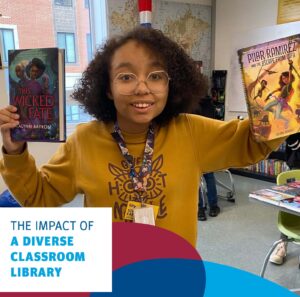
In September, First Book released the results of a six-month pilot study that involved 450 classrooms across the country. First Book provided each educator with $250 to select and purchase diverse books from the First Book Marketplace, its nonprofit eCommerce site, and surveyed the educators every two months. After adding diverse books to their classroom libraries, the educators reported that:
- students spent more time reading, with cumulative classroom reading time increasing by four hours per week on average; and
- students’ reading scores increased. Students’ reading scores were three percentage points higher than national annual expected averages, with greater gains among the lowest scoring students. Classrooms that added bilingual and LGBTQ+ titles reported the greatest improvements.
These findings are profoundly promising. First Book will conduct additional studies to further the field’s understanding regarding the impact that diverse books have on student outcomes.
This month, First Book released the results of a nationwide survey of more than 1,500 educators.
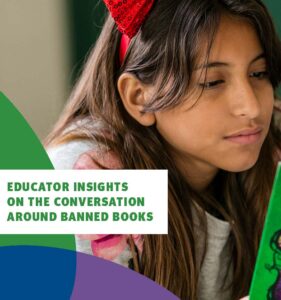 This survey indicates that the national conversations around book bans and book challenges are having a negative impact on educators and student learning, and this negative impact is being felt far beyond the schools and programs facing book bans directly.
This survey indicates that the national conversations around book bans and book challenges are having a negative impact on educators and student learning, and this negative impact is being felt far beyond the schools and programs facing book bans directly.
Among the findings:
- one-third of educator respondents are facing book bans, challenges, or policy restrictions;
- nearly two-thirds said that book banning is having a negative impact on their ability to teach;
- 71% believe that book banning undermines their expertise, makes them feel distrusted, and increases educator stress — regardless of whether their district has faced bans; and
- 72% said that restricting book access decreases students’ engagement in reading.
What makes these findings additionally concerning is that the efforts to restrict access to books has excessively targeted diverse books — stifling educators and making access to diverse books more difficult at the very time that we need to invite ALL children into diverse books — to learn about themselves and each other.
Our nation is more diverse than ever — Census data shows that the majority of U.S. children are of color. In our diverse world, it’s not just children of color who need diverse books. The reality is that any child who doesn’t grow up with diverse books will be at a disadvantage.
If you are interested in additional efforts to elevate the importance of diverse books, we invite you to learn more about the Diverse Books for All Coalition, a consortium spearheaded by First Book that includes CGLR and more than 40 nonprofits and member organizations working to increase access to diverse children’s books and make diverse books more affordable. The Coalition’s Commitment to Action — which includes plans to distribute 600,000 diverse children’s books and was announced in September at the Clinton Global Initiative — is available here.




